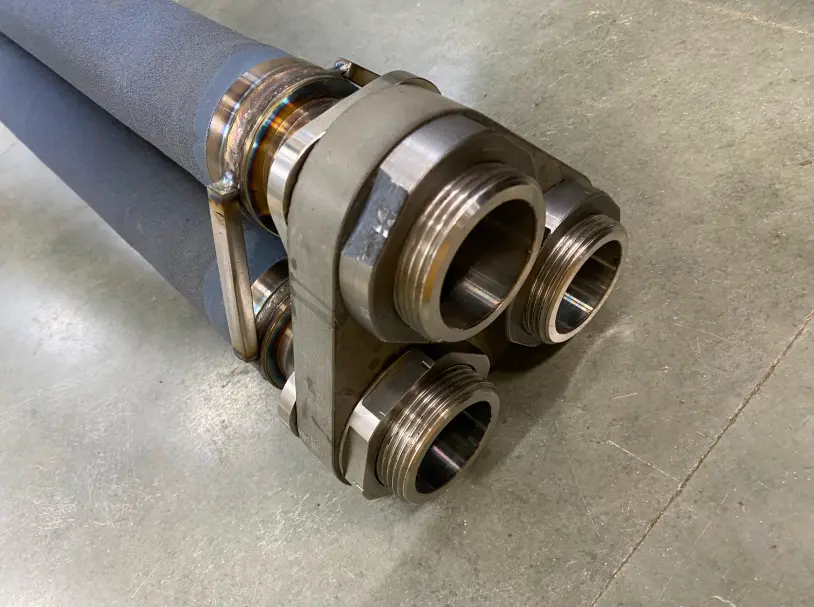

Gas filtration systems are referred to as a filtration process designed to remove contaminants from gas to produce clean & contaminant free gas for industry usage. Basically these systems use specific filters to remove impurities such as dust, oil, sulfur particles, rust, and other unwanted substances. Gas filtration systems make use of different methods to handle solid particles, liquids, or a combination as per filtration needs of businesses.
Mainly these systems filter out gas including steam, syngas, fuel gases, and inert gas etc. The efficiency of the filtration process is determined by the filter element's material & design. Gas filtration systems are manufactured to meet stringent technical and safety standards.
Request Product Catalog
At Kumar Process Consultants, we offer high quality gas filtration systems to remove dirt, dust, rust, condensates, moisture contents, oil impurities & exhaust fumes. This filtration process reduces the down time & production loss. These filtration systems are manufactured by considering key factors like flow rate, line size, working pressure & temperature & filtration rating. We also provide customized options as per businesses needs. Gas filtration systems are made of SS 316, SS 304, carbon Steel materials. Gas filters have capacity to cover maximum filter area, reduce pressure drop, & increase service life of equipment.
This filter supports efficiently to separate moisture in humid gas applications by optimizing pressure loss, high contamination retention, and easy element changes.
Our gas inline filters remove solids and aerosols with filtration ratings from 0.1 to 500 µm. Durable with options for regenerable or disposable elements.
Our polymer membrane gas filters provide bacteria removal for lower temperature applications, minimizing pressure drop and extending filter life.
Powder sintered gas filters made from sintered metal powders capture fine particles and offer high dirt-holding capacity, making them ideal for precise filtration and long service .
SS wire mesh gas filters provide durable, coarse filtration. Made from stainless steel, they are robust, reusable, and handle large volumes of gas while trapping larger particles.
Activated carbon uses high surface area and absorption properties, these filters capture volatile compounds, ensuring a clean and safe gas output.
A gas filtration system should be replaced when odor or taste of filtration solution is changed. Most filters have indicators that signal when they are saturated or ineffective.
Gas filters are divided into different types based on their filtration media and purpose. The main types include:
The lifespan of a gas filtration system depends on the type of contamination. Most standard filters can be used in under 8 hours, while specialized filters can last up to 20 hours for removing high chemicals .
Gas filters work in one or two stages: